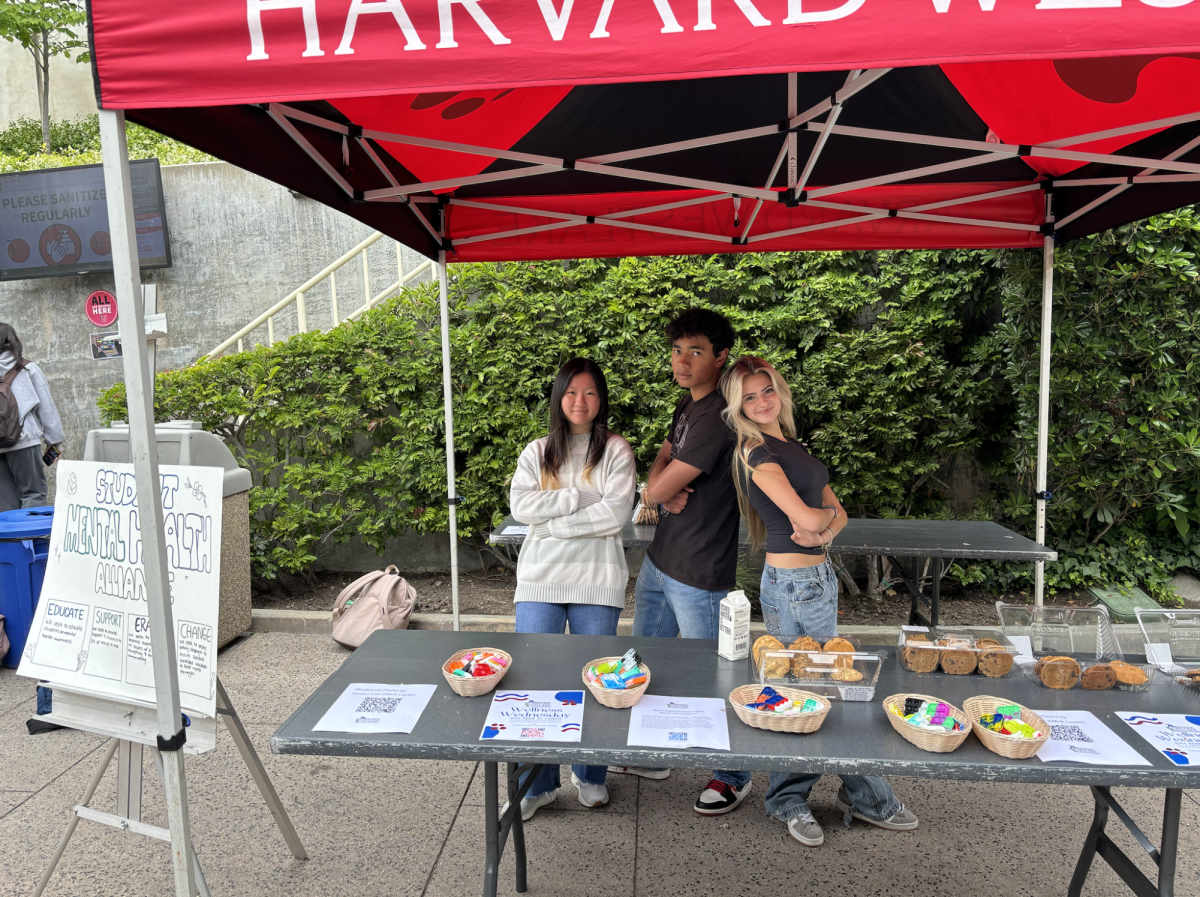By Sammy Roth
Three years ago, all middle school students, faculty, staff and administrators were divided into four housesâBadgers, Ferrets, Otters and Polecatsâbeginning the annual Jacobson Cup competition.
“We need a thing that everyone does. The Jacobson Cup might be that thing,” said then-Seventh Grade Dean and Jacobson Cup commissioner Josh Budde at the time.
Budde and Head of Upper School Harry Salamandra speculated that the Cup could even spread to the Upper School.
Now, three years later, the Cup has taken a less prominent role in middle school life, and there are no plans to bring it to the Upper School. And the Cupâs faculty commissioners say that while it still draws a lot of student interest, it isnât the “thing that everyone does.”
There have been just three competitions so far this year: a trivia contest, a contest to toss bottle caps for accuracy and an ongoing competition being run by the Green Committee, in which students can design models for sustainable structures.
“What we first envisioned it to be was something, as everything is here, very Harvard-Westlake, very big, lots of turnout,” ninth grade Dean and Jacobson Cup commissioner Betsy Ilg said. “And itâs really become much more smaller-scale.”
Ilg said that participation is not as high as she imagined it would be when the Cup began three years ago.
“We never have multitudes of people turning out, but we do often have good turnouts for things,” Ilg said. “Trivia contests may only get 60 people total, 15 kids per team, which is not huge, but itâs enough. Itâs just like a club, itâs just another opportunity to do something thatâs a little different.”
This year especially, Ilg said, the Cupâs momentum has “died down.” She said that while there is “still some enthusiasm for cheering for oneâs team,” there have been fewer events and fewer participants than in past years.
In response to this level of student interest, Ilg said she and the other commissioners have made changes to the Cup during the last two years, such as cutting back on the number of events and relaxing rules for who can participate in certain events. The original scoring system was abandoned entirely, replaced by a less competitive system.
“The nature of the Jacobson Cup has become less competitive over the last two years,” middle school English teacher and Jacobson Cup commissioner Michael Chavez said. “The emphasis is more on participation than âbeatingâ everyone else.”
Upper school dean Jon Wimbish, who was a middle school dean and Jacobson Cup commissioner before moving to the Upper School two years ago, said he remembers that after his Badger house fell behind early on, there was “less and less” participation as the year progressed. Chavez said the commissioners have tried to address this problem.
“The morale was down for some houses who were not enjoying great success in the events,” Chavez said. “This seemed to go against the purpose of the house system, so it was altered in order to regain the participatory spirit it began with.”
Last year, the commissioners eliminated all scoring, only recognizing which house had won the most recent event by displaying that houseâs flag on campus. This year, they are trying what Ilg called a “middle ground,” keeping score by counting the number of flags earned.
Another change instituted by the commissioners was loosening the rule in some competitions that teams had to include students from all grades. Wimbish said this rule was meant to help students from different grades connect, but that during his year working on the Jacobson Cup, this goal was not completely realized.
“The question became, how do we get them to meet each other?” he said.
The commissioners have also made it easier to participate in events without signing up in advance. Ilg said that at an after-school capture the flag game last year, many ninth graders passing the event stopped and asked to play.
“Weâd rather have people going in there, playing for a minute or two, rather than saying, âWell no, you didnât sign up,â” Ilg said. “âThe more, the merrier,â is basically the mantra.”
Wimbish said that although he “dreamed big” when he helped start the Jacobson Cup, he understands why it has had to be changed since he left the Middle School.
“When you start something like that, you want to think that the thing that youâre creating [will become] âthe thing,â everybodyâs into,” Wimbish said. “And sometimes that happens, sometimes it doesnât. Itâs hard to start traditions, because they need to happen organically.”
“I think the Cup is something that lives more in the background, and the events are less frequent,” Chavez said. “I still think, however, that the there is a spirit of togetherness among house members, and it provides a fun atmosphere for teachers and students. It gives us all a chance to take a break from the rigors of school.”

































